Tycoon Profits as India Eases Border Security for Energy Park
Exclusive: Military experts express concerns over protocol changes at Pakistan border to enable the project awarded to billionaire Gautam Adani.
The Indian government relaxed national security measures along the Pakistan border to facilitate the construction of a renewable energy park, a project that ultimately benefited one of India’s wealthiest individuals, Gautam Adani, according to official documents.
The Adani Group is developing the Khavda plant in Gujarat, set to become the world’s largest renewable energy project. This ambitious venture is central to the conglomerate’s energy aspirations. Adani’s strong ties with Prime Minister Narendra Modi have come under scrutiny in recent times, especially as questions about the relationship between the two men grow.
In November 2023, Adani was charged with fraud by the U.S. government for allegedly participating in a multimillion-dollar bribery scheme related to renewable power from the Khavda complex. Adani has denied these accusations.
As the Adani Group dominates India’s renewable energy sector, the Khavda plant represents a critical part of the country's green energy future. Modi himself launched the project in 2020 as a cornerstone of India's self-reliance in energy and its commitment to sustainable development.
However, concerns about national security have arisen following revelations from private communications and confidential government minutes, which suggest that the Ministry of Defence modified security protocols to accommodate developers. This change was made to make land along the India-Pakistan border viable for the Khavda project.
The Adani Group is constructing solar panels and wind turbines just 1 km from the border in the Rann of Kutch, a region with a history of conflict between India and Pakistan. The area lies adjacent to Sir Creek, a disputed territory, and has been a focal point in past India-Pakistan wars.

Previously, national defense protocols prohibited major construction within 10 km of the border, but documents reveal that the Gujarat government, led by Modi’s Bharatiya Janata Party (BJP), actively lobbied for the protocols to be relaxed to facilitate the renewable energy project.
Before April 2023, Gujarat officials wrote to the Prime Minister’s Office, requesting that the Ministry of Defence address the issue. A confidential meeting was held in Delhi on 21 April, attended by military officials, Gujarat representatives, and the Ministry of Renewable Energy. During this meeting, concerns were raised about the security risks posed by solar panels, particularly regarding tank mobility and surveillance. However, developers assured that the solar panels would adequately mitigate any potential threats.
Despite military officials' requests for adjustments to the size of the solar panels, developers rejected them on the grounds of financial viability. Ultimately, the Defence Ministry agreed to allow solar and wind projects as close as 1 km to the Pakistan border, thus making the land commercially feasible for renewable energy.
By May 2023, the Modi government formalized this decision, easing infrastructure development rules not only on the India-Pakistan border but also along other sensitive borders with Bangladesh, China, Myanmar, and Nepal. This marked a significant shift in India’s strategic approach to its volatile borders.
Military experts have raised alarms about the potential security risks of placing a valuable energy asset so close to Pakistan. Ajai Shukla, a retired Indian army colonel, warned that constructing a hybrid renewable power facility in such a strategic location could pose security challenges. Some military officers expressed concerns about the military’s ability to respond to security threats in the region, citing the need for flexibility in defensive and offensive operations.
At the time of the April 2023 meeting, 230 sq km of land near the border had been allocated to the state-run Solar Energy Corporation of India (SECI). However, by August 2023, after the relaxation of the border rules, this land was transferred to the Adani Group. SECI was reportedly encouraged to surrender the land, with the Gujarat government ultimately reallocating it to Adani, who had expressed interest in the land after the border protocol changes were made public.

As a result, the Adani Group acquired a total of 445 sq km for the Khavda project—four times the size of Paris—and the plant is expected to generate up to 30 GW of renewable energy at its peak. This will be enough power to meet the needs of countries like Belgium, Chile, or Switzerland. Google is among the customers expected to purchase energy from the park.
In response to these revelations, an Adani spokesperson stated that the company complies fully with all government laws and regulations and has secured all necessary approvals. They also emphasized that the land allocation was in accordance with policy guidelines and based on the company’s credentials as India’s largest renewable energy provider.
The Indian government did not respond to requests for comment.
Opposition politicians have repeatedly accused the Modi government and BJP state governments of corrupt dealings and favoritism towards the Adani Group. Allegations of special treatment have been particularly prominent in Gujarat, Adani’s home state, where such claims have persisted for years, dating back to when Modi was chief minister. Adani’s company denies any preferential treatment by the government.
In November 2023, the U.S. charged Adani and his executives with a bribery scheme involving payments to Indian government officials to secure lucrative solar power contracts. These allegations relate to renewable energy from the Khavda plant, which would be sold to Indian state governments at inflated prices.
The Andhra Pradesh government is considering canceling one of the largest contracts with the Adani Group, which involves purchasing 7 GW of solar power. Meanwhile, France’s TotalEnergies, which invested $444 million in the Khavda project, suspended further investments in the conglomerate. Adani has denied the charges and is pursuing legal action.
In December, India’s parliament was thrown into turmoil when opposition leader Rahul Gandhi accused Prime Minister Modi of protecting Adani and engaging in corruption. Gandhi argued that Adani’s influence over the country was growing too strong, claiming that Modi had handed over India to the billionaire tycoon.

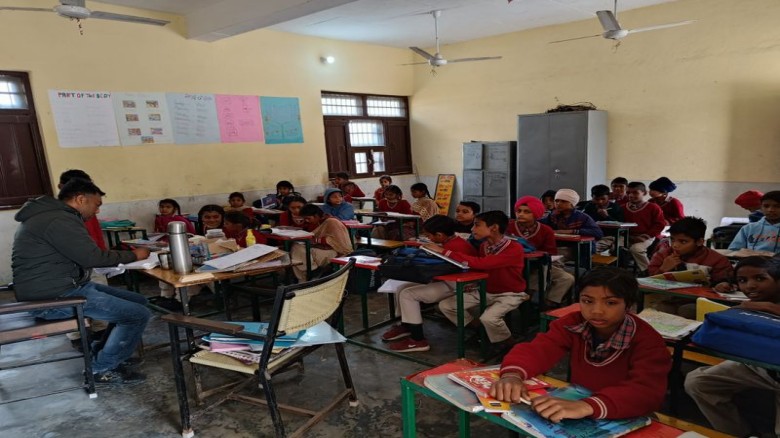
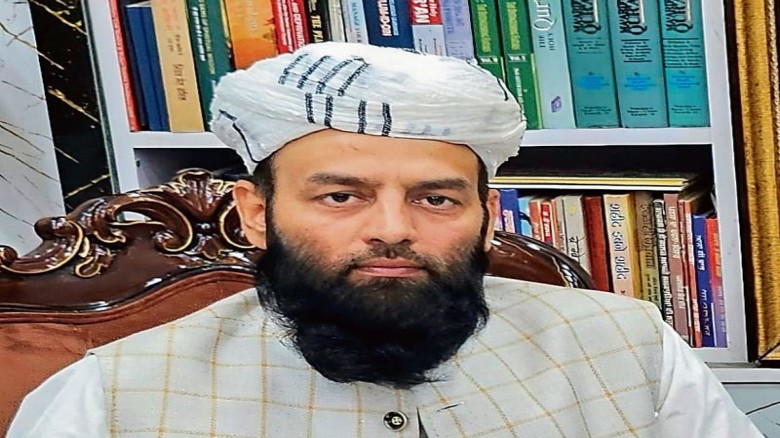
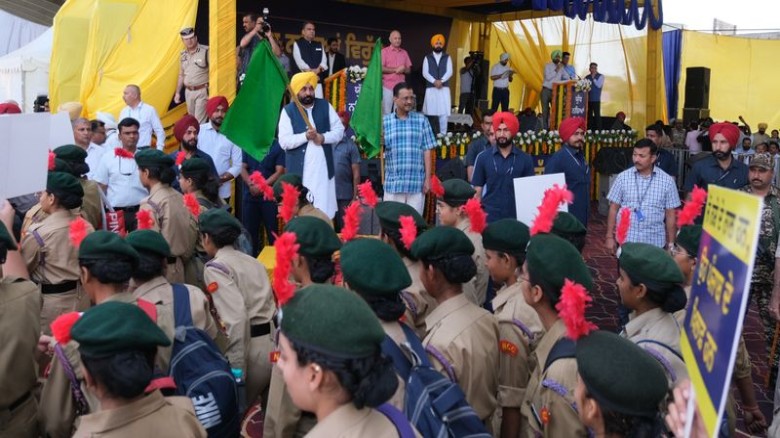
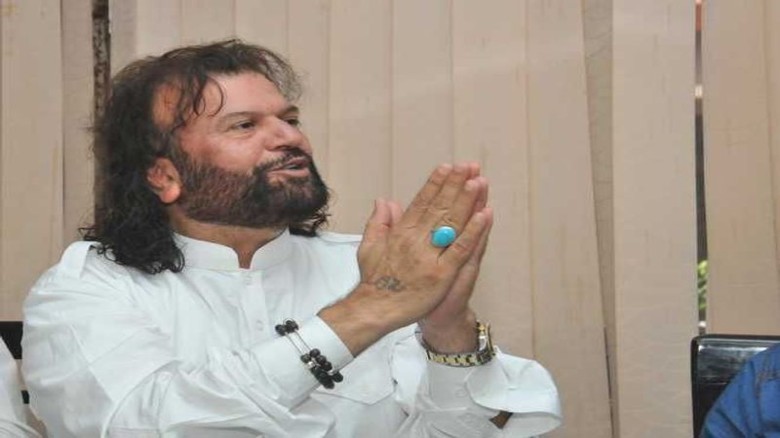

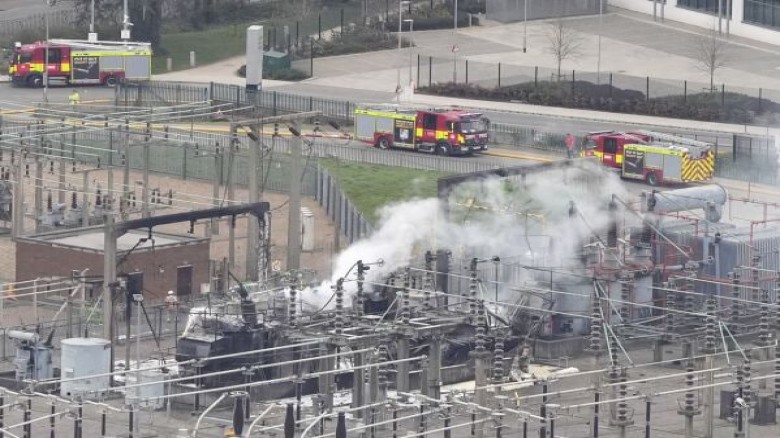


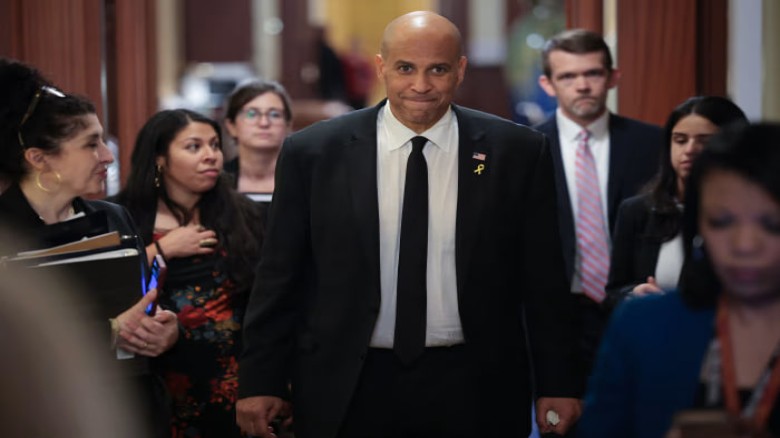
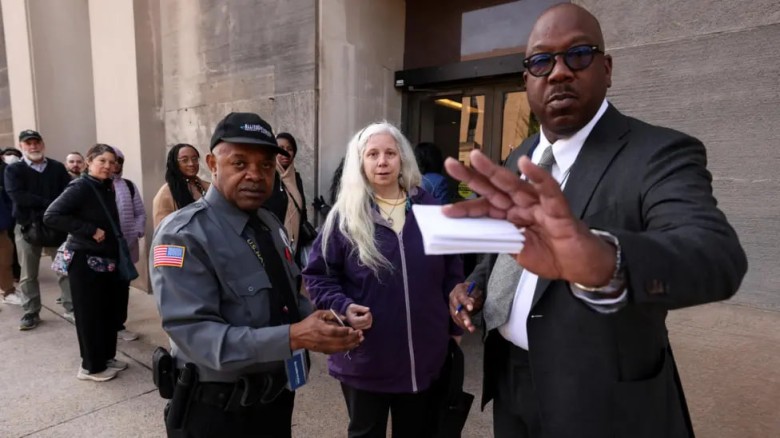

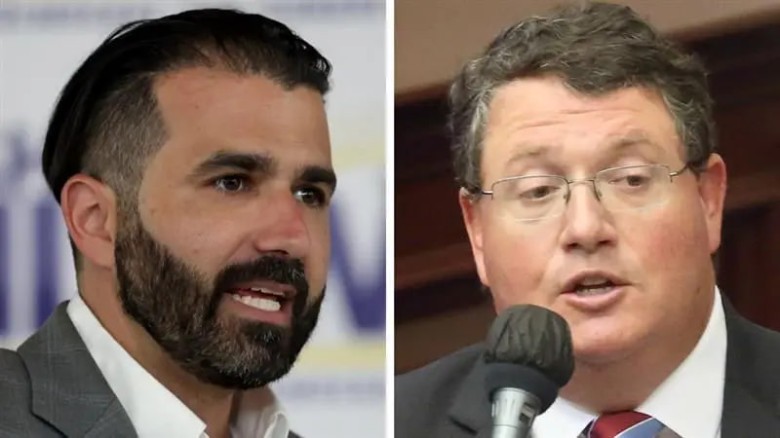

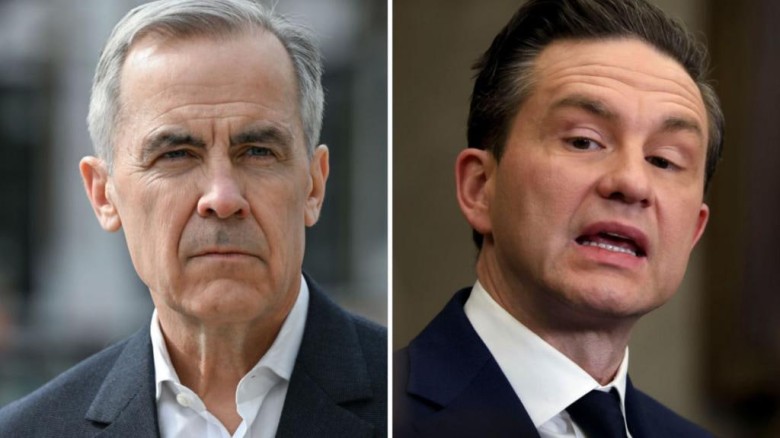
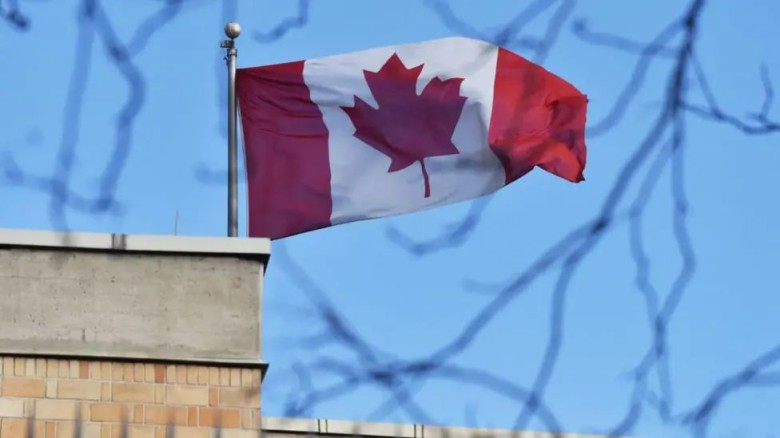
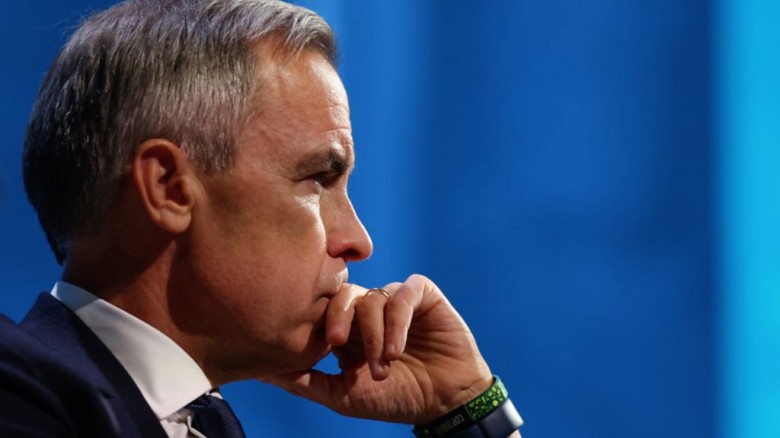

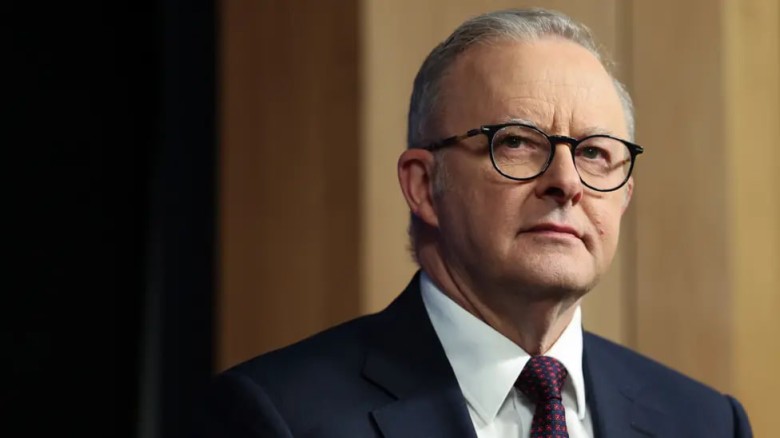



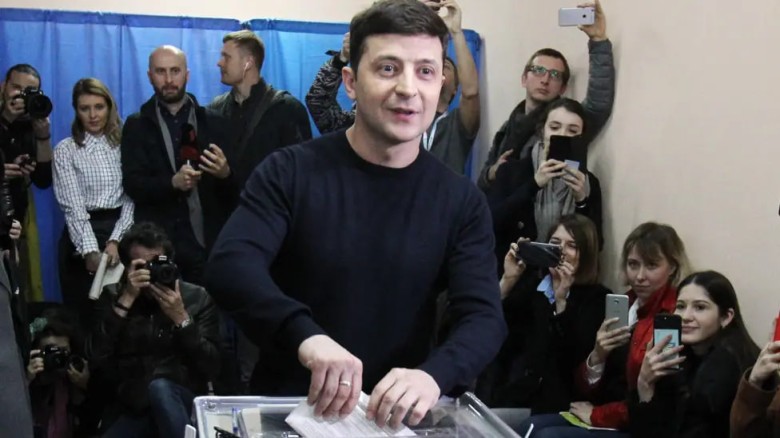
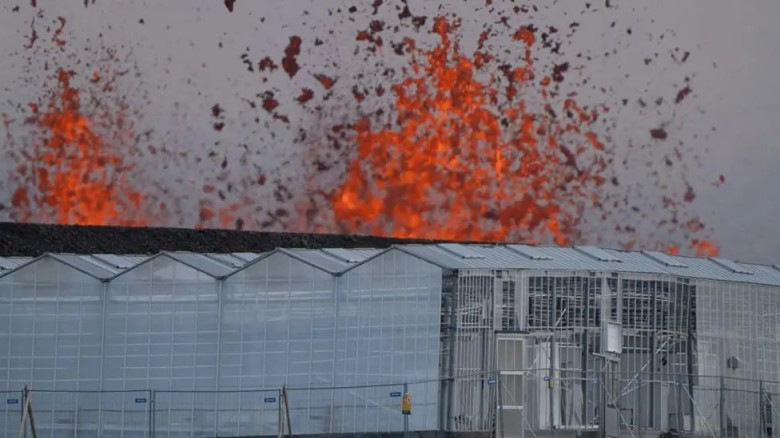
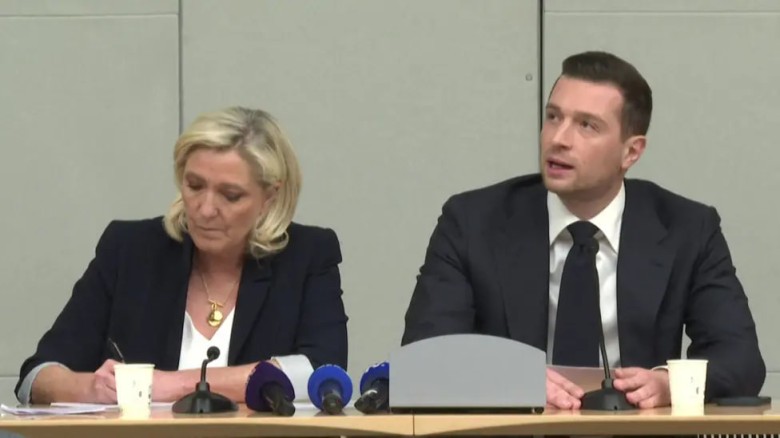
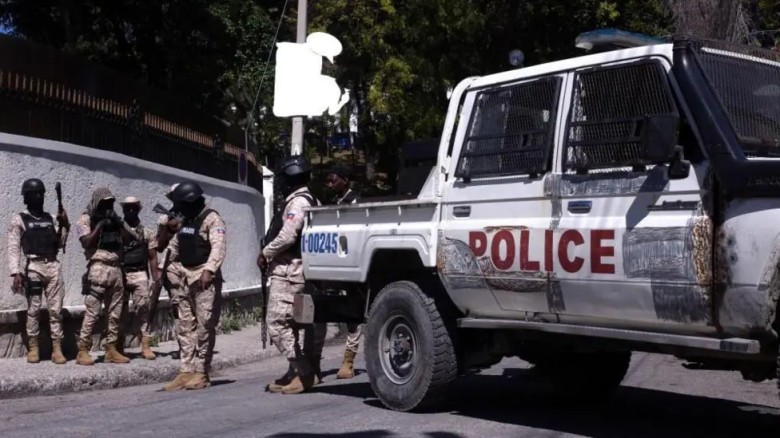
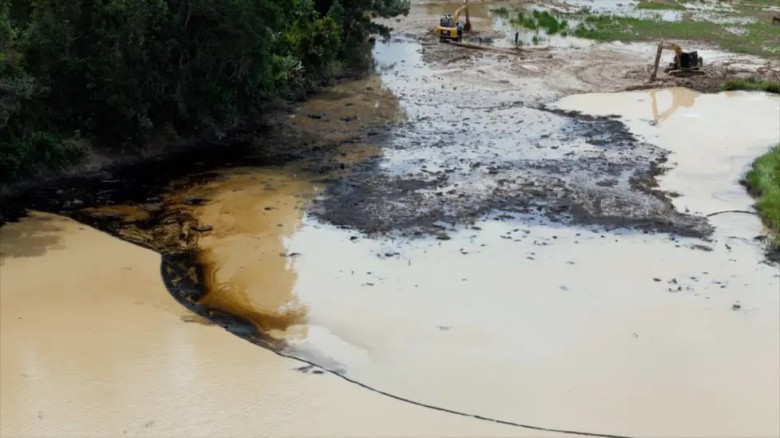
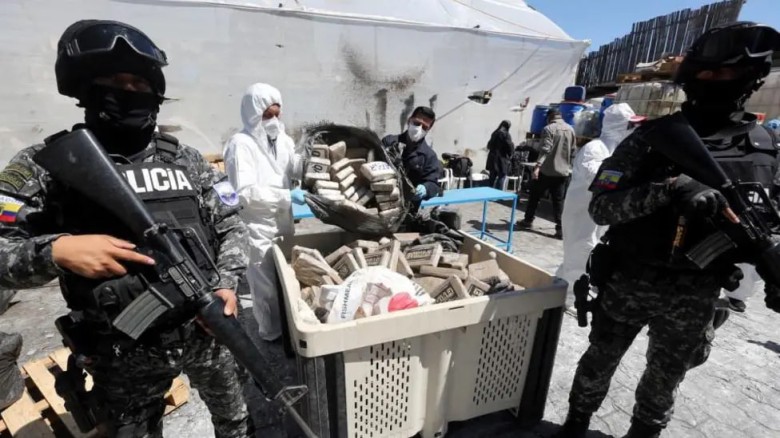






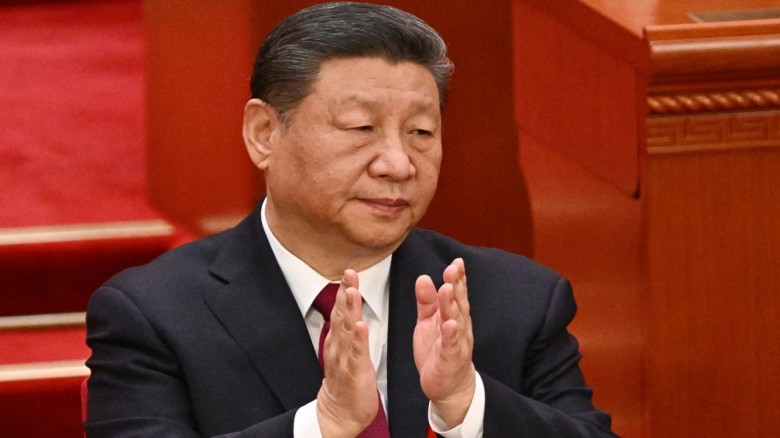
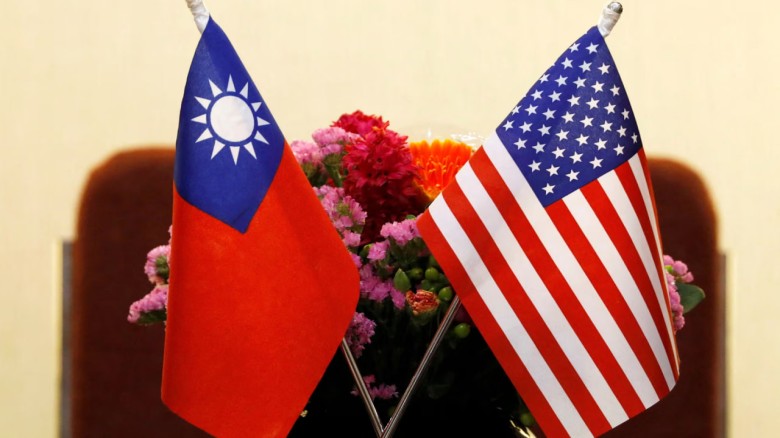

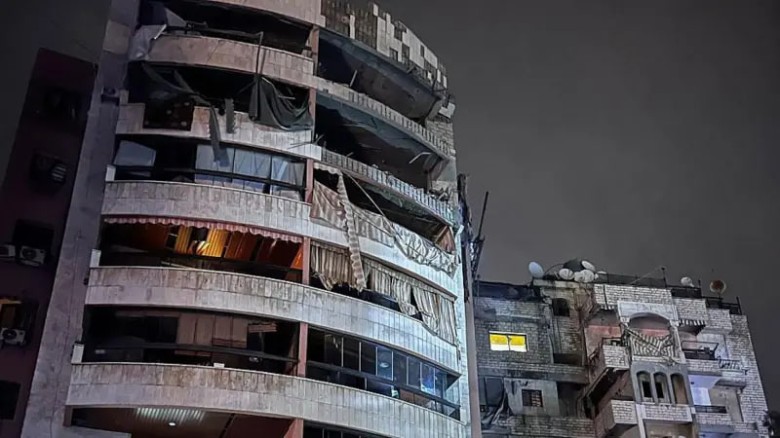
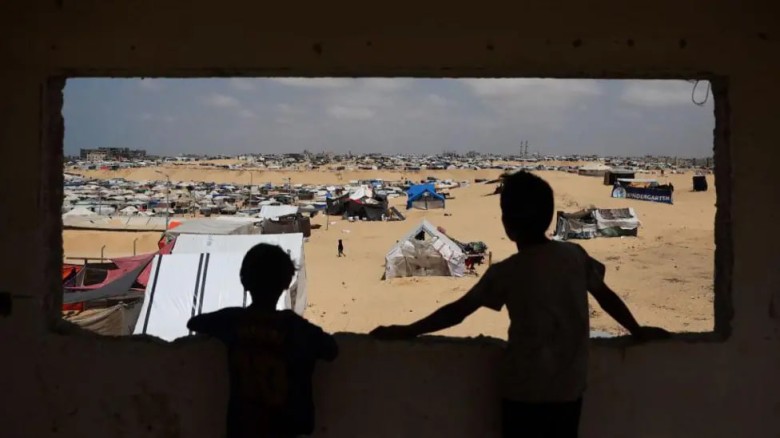
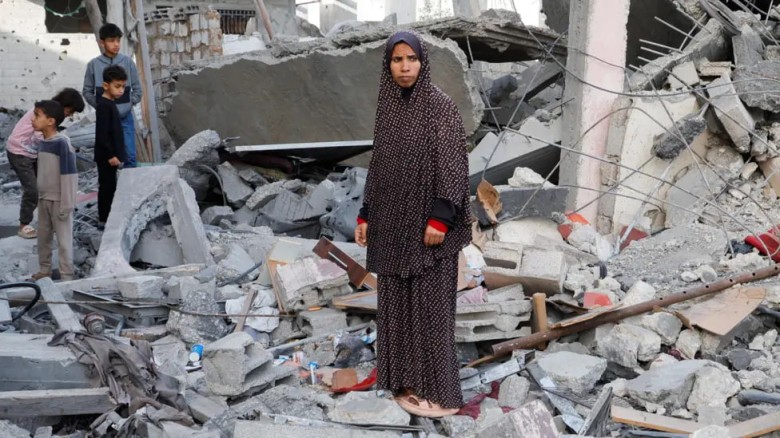
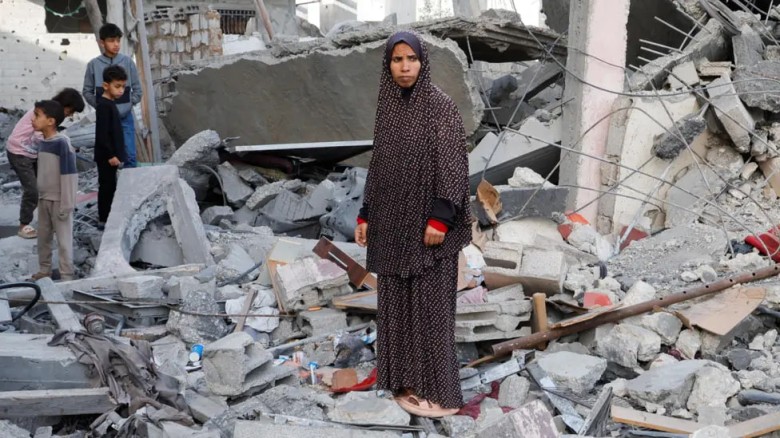

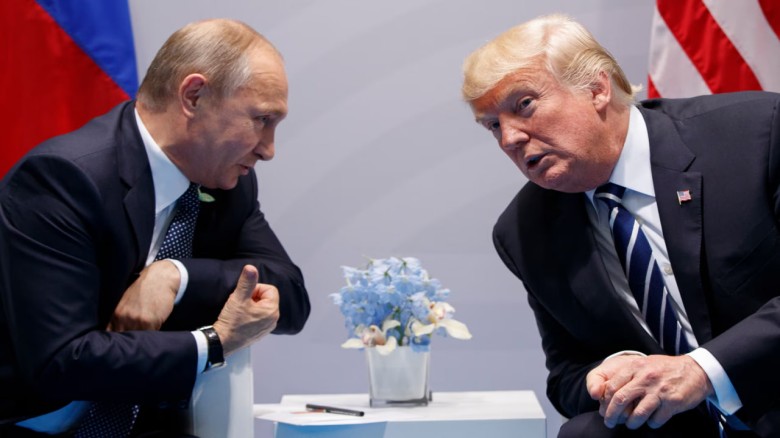
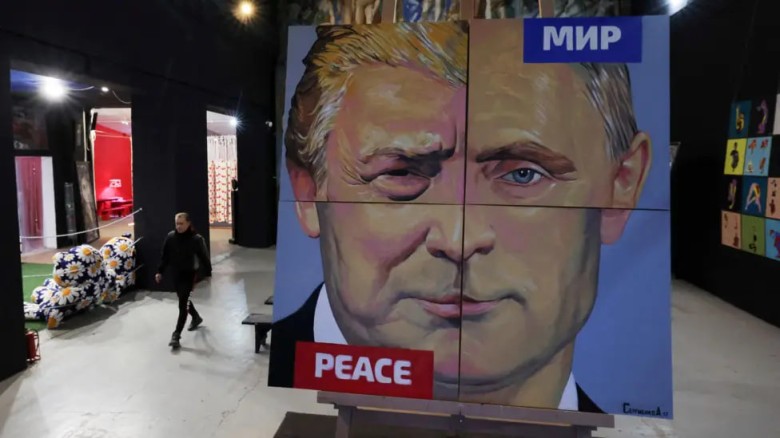
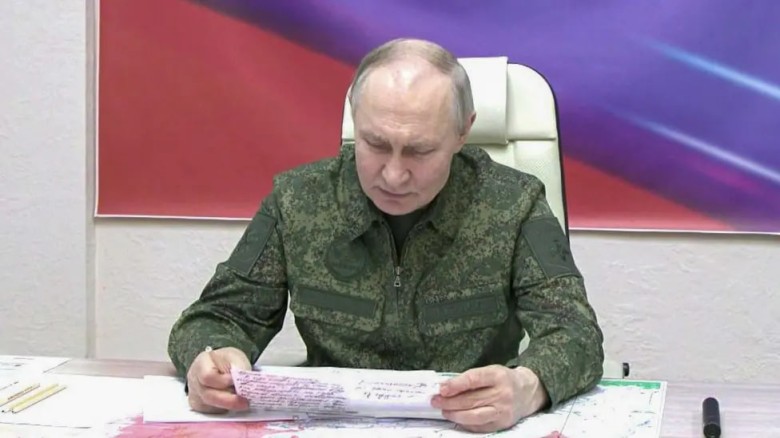




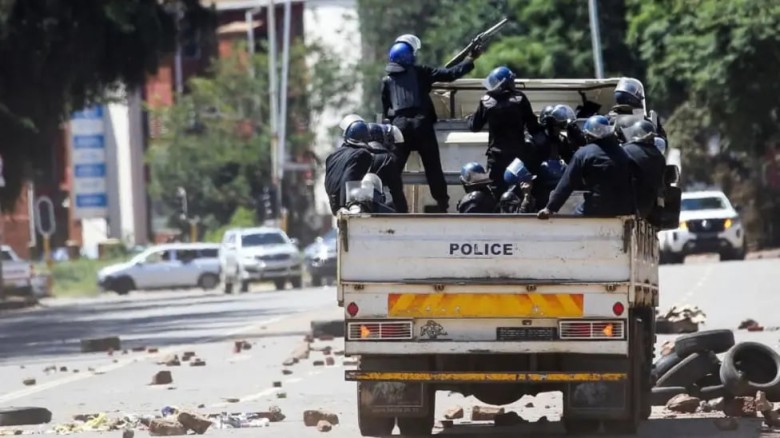
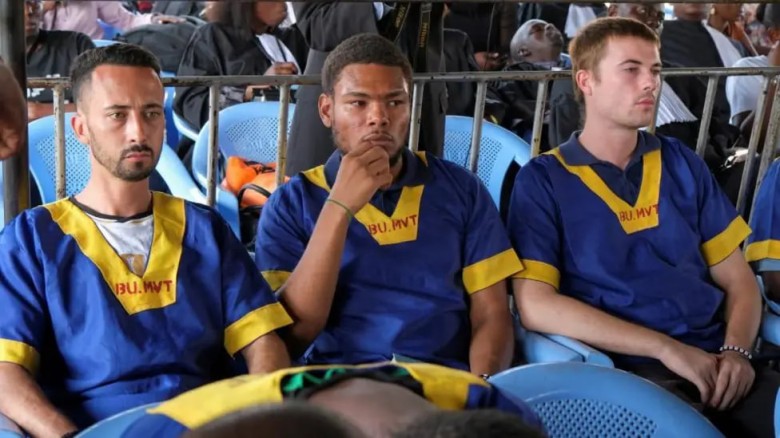
















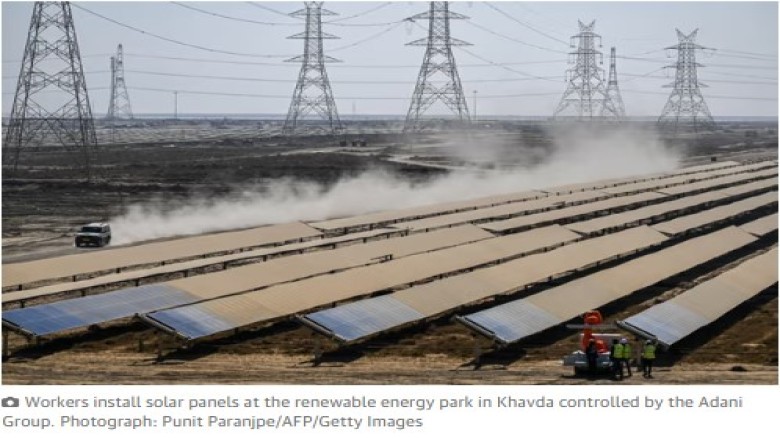


Leave A Comment